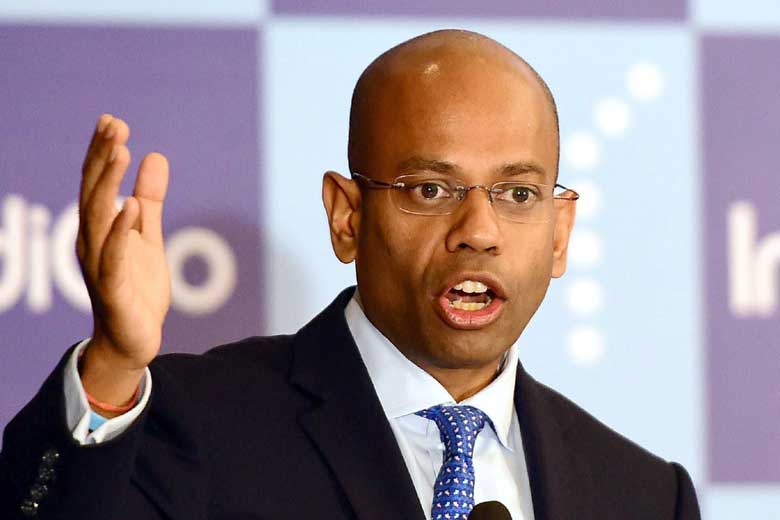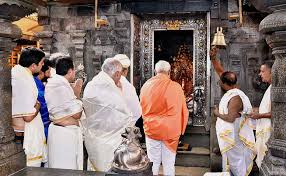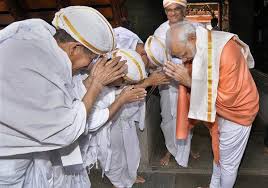Indigo Airlines has landed itself is a mess after the atrocious way it handled the the incident in which a passenger was manhandled, assaulted and literally smothered on the tarmac of the Airport. This was certainly an offence under IPC as grave as “an attempt to commit murder”.
There is no way this incident can be interpreted differently and any attempt to suppress the incident either by the Police in the Airport or by others would amount to further offence of “Attempt to conceal evidence” and “Dereliction of Duty by Police” and “abetment to a criminal”.
If DGCA or Mr Jayant Sinha does not pursue the criminal case, it would be considered as “Shielding” the guilty.
Mr Aditya Gosh as the head of the organization in which the employees committed the offence during the course of their official duty, in the premises within their control is responsible for the actions of the erring employees.
The fact that Indigo has tried to shield the erring employees even while punishing the person who revealed the gory story is an indication that the company is guilty of supporting the criminals and punishing the duty conscious employee who had a duty to bring to the public knowledge commission of a cognisable offence to which he was a witness.
In his statement to the media, (Refer: Article here) Mr Montu Kalra, the whistle blower has stated that different senior officers of Indigo called him and asked that the video should be deleted. When he refused, he was harassed and finally sacked.
It is to be noted that “Deletion of Evidence” would be an offence under both IPC and as also Section 65 of ITA 2000/8 which could lead to an imprisonment of upto 3 years. It is a cognizable but bailable offence under iTA 2000/8.
In the instant case, there is an “Attempt” to cause commission of the offence by Mr Montu Kalra which could have landed him in jail. It is good that he refused to commit the offence which finally resulted in him being punished.
The relevant Employee’s Association, the Labour Commissioner of Delhi and Human Rights Activists should all take up this case on behalf of Mr Montu Kalra and ensure that justice is done to him.
In the meantime, the vicarious liability for both “Attempt to murder” Mr Rajeev Katyal” and “Attempt to delete electronic evidence” as also “Criminal intimidation” to harass Mr Montu Kalra should all squarely be faced by the head of the organization namely Mr Aditya Ghosh.
I believe these are grave offences and are cognizable in nature and Mr Aditya Ghosh needs to be arrested and tired.
I urge the Government not to succumb to the pressures from vested interests and the pressure of corruption and ensure that “Law Takes Its own Course”.
Unfortunately, the responsibility to drive the investigation to its logical end seems to rest with the media since the Government may most likely turn a blind eye and DGCA would try its best to ensure that the controversy is buried.
In a service industry, the kind of treatment meted out to the passenger even if it is under some kind of verbal abuse hurled at the offender causing provocation, is unacceptable. A mere apology is not sufficient. There has to be a heavy fine of a few crores on Indigo, grounding of the Airline for atleast 24 hours, payment of a large compensation to Mr Katyal, imprisonment of the three employees who were involved in the assault for charges of “Attempt to Murder” are a must. In the process, there is a need to also pursue the case against Mr Aditya Ghosh as the CEO and Indigo as a company for vicarious liability of the criminal offence.
I wish some public spirited lawyers in Delhi take up this case and teach Indigo a lesson that they will never forget.
I also urge the consumers to take steps of their own to make Indigo feel the pinch by boycotting travel in the airline at least for one month. Consumers should teach arrogant CEOs how not to behave with them.
Naavi













